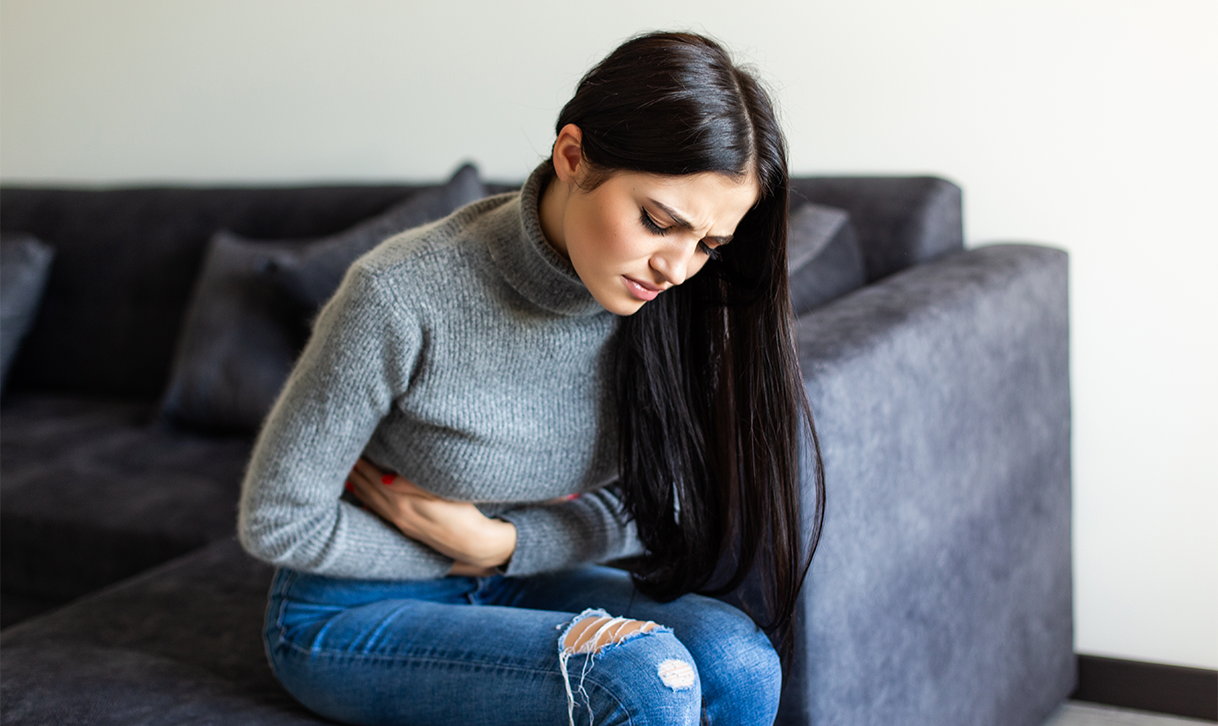Irregular Periods: Common Causes and When to Worry
Irregular periods are a common concern among women of all ages. While occasional fluctuations are usually harmless, frequent or extreme irregularities may signal an underlying issue. Understanding the causes can help you take proactive steps toward your reproductive health.
A typical menstrual cycle ranges between 21 to 35 days. Any cycle that falls outside this range, or varies significantly month to month, is considered irregular. Several factors—ranging from lifestyle to medical conditions—can cause these changes.
Common Causes of Irregular Periods:
- Stress: High levels of emotional or physical stress can disrupt your hormone balance and delay ovulation.
- Polycystic Ovarian Syndrome (PCOS): A hormonal disorder that affects ovulation and can cause long or missed periods.
- Thyroid Imbalance: An overactive or underactive thyroid gland can lead to menstrual irregularities.
- Extreme Weight Changes: Sudden weight gain or loss can throw your hormonal system off balance.
- Excessive Exercise: Intense physical activity, especially with low body fat, may lead to missed periods.
- Perimenopause: As you approach menopause, periods may become more spaced out or erratic.
- Birth Control: Starting, stopping, or changing hormonal contraceptives can affect cycle regularity.
When to See a Doctor:
- If your periods stop for more than 3 months (and you’re not pregnant).
- If your cycle is consistently shorter than 21 days or longer than 35 days.
- If you experience very heavy bleeding or severe pain.
- If you bleed between periods or after menopause.
“Your menstrual cycle is a mirror of your overall health. Don’t ignore its signals—seek clarity when something feels off.”
Rodja Hartmann
Irregular periods are often treatable once the cause is identified. Tracking your cycle and discussing changes with a gynecologist can help ensure early diagnosis and effective management. Lifestyle adjustments like a balanced diet, regular exercise, and stress reduction often make a big difference.

